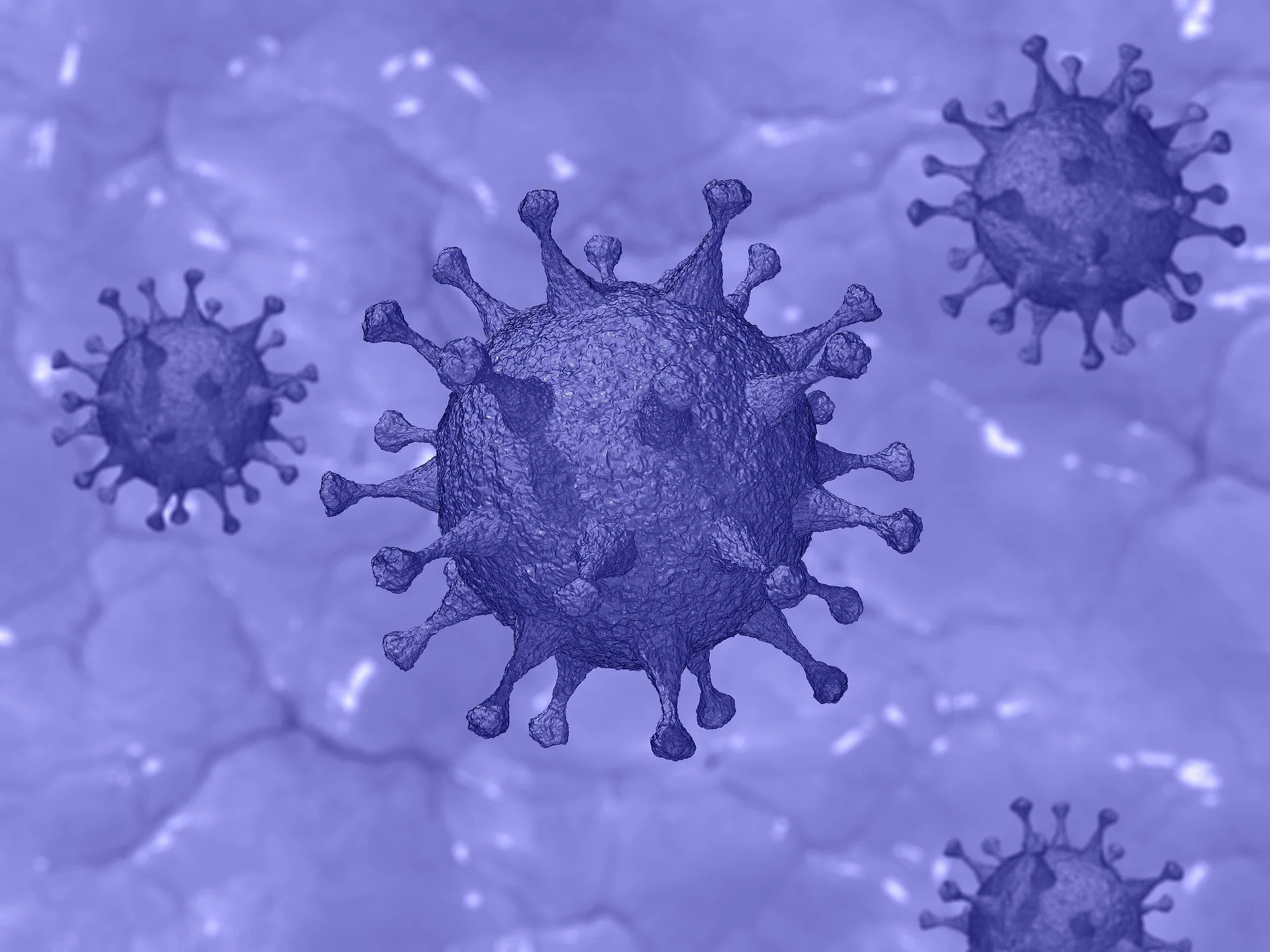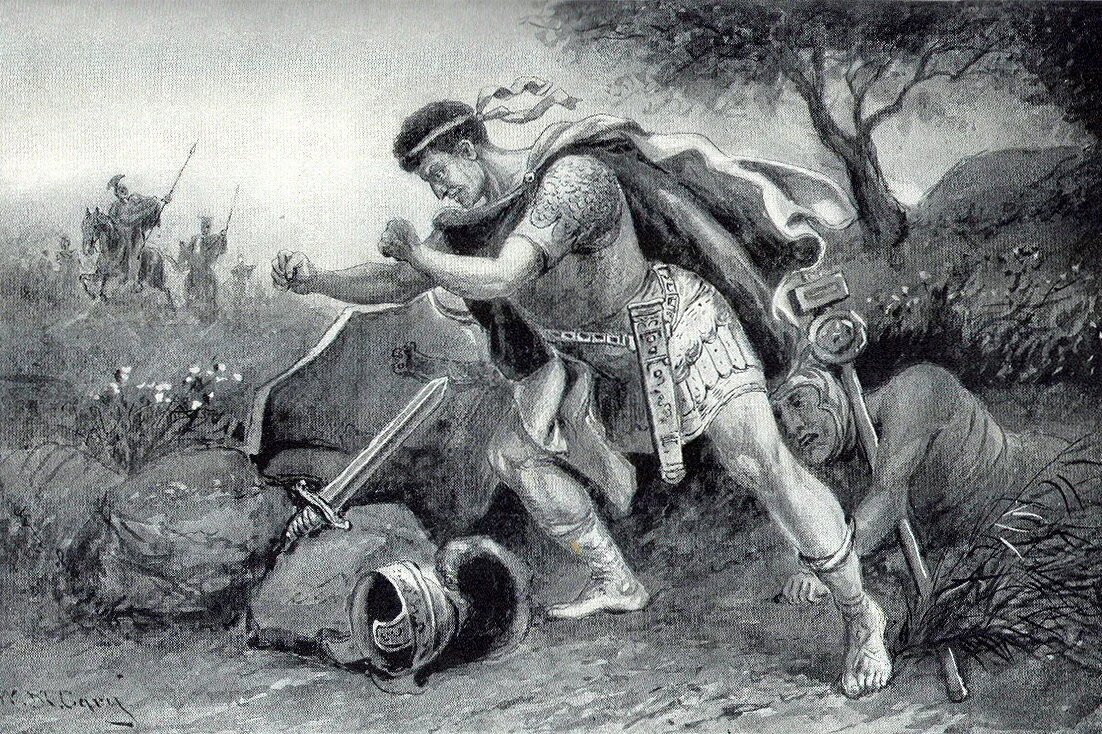Today Is a Good Day to Die — Don't Be So Afraid of Death That You Forget How to Really Live
On the morning of September 11, 2001—the date of the World Trade Center terrorist attacks, I was a first-year graduate student at Syracuse University. I was a teaching assistant for an ethics class taught by Professor Laurence Thomas. Although classes were canceled once it became clear what was transpiring that morning with the 9/11 terrorist attacks, Professor Thomas, I, a couple of other graduate students, and a handful of undergraduate students met informally in the lecture hall in which class was normally held, naturally discussing the events of the morning. Something Professor Thomas said that morning stood out to me, and I remember it to this day. it was something to the effect of this: “Make no mistake, the question from here on out will be how much freedom we are willing to give up for the sake of safety and security.”
With the 2020 COVID-19 coronavirus pandemic in full swing, I find myself asking a similar question: How much voluntary freedom and normal life are we willing to give up for the sake of not having to worry about contracting a potentially deadly virus? We are seeing closures of schools and universities, stores and small businesses, parents voluntarily reporting their children’s temperatures as they drop their children off for school, our most populated states—like California—in full lockdown (creating an eerie wartime-like, ghost-town scene from the various reports of my friends and family in my hometown of Vacaville, just a stone’s throw from Travis Air Force Base where contractees of the coronavirus had been quarantined, and countless other signs of the times, all signs of the present fear permeating our society.
While I don’t mean to discount the seriousness of a potentially fatal coronavirus pandemic, it strikes me that what we are really observing is latent existential anxiety about life, and perhaps about our modern culture in general, manifesting itself as anxiety about the coronavirus pandemic—which is still largely an abstract threat for most people, although you wouldn’t know it by the empty streets, darkened storefronts, and quiet classrooms around the country. Events like September 11th, 2001 and the 2020 coronavirus pandemic highlight the potential absurdity of modern life, in the manner of Albert Camus in his famous essay The Myth of Sisyphus. People are afraid of the unknown and afraid of death, yes, but the fear of death also betrays the fact that most people have also forgotten how to really live—if they ever knew how to really live in the first place. The anxiety and fear occurring presently, in my mind, are not really about the fear of contracting the coronavirus; instead it is existential fear about life and its potential absurdity being projected onto the coronavirus epidemic as a form of transference, a manifestation of deeper existential fears that largely go unrecognized and unreckoned with by the average American.
When the day-to-day routine of life itself is absurd, which it doesn’t appear to be in normal times sans crisis-mode but which it reveals itself to be in times of crisis, the fear of death seems to me to be a manifestation of the anxiety about the potential meaninglessness of most of the activities and events and minutiae that fill up our hours and days and weeks and years. And then along comes a pandemic, or any other crisis for that matter, to remind us that we’ve never really lived in the first place—the dark, faceless, stark reality that we are afraid to look in the face because the existential mirror is too revealing.
While it obviously makes sense to take precautions against unnecessary death—from terrorism or pandemics or otherwise—make sure that you are really living, that you are challenging yourself and living your most authentic, most meaningful life, and that you are not being a mere slave to the absurdity of our modern, late-capitalist, post-industrial society. If you are really living, the fear of death, and all of its absurd consequences that we are seeing in the 2020 coronavirus pandemic, may not seem as anxiety-ridden as it is for much of society right now. As Mel Gibson said in Braveheart, one of my favorite films of all time:
“Every man dies; not every man really lives.” (Braveheart, 1995)
Don’t be so afraid of death that you never really live your life, lest you look back at your life when life’s end is near—whether in a week from coronavirus or in 50 years on your deathbed—and realize that you squandered the little time you were given on this Earth. Make the most of it, and don’t cower in fear at the thought of your own inevitable demise. The day and hour and minute of our death will come to us all, but for most of us it won’t be today. And if it does come today, as Lieutenant Worf said in Star Trek: The Next Generation, and as Sioux warriors used to cry out in battle, “Today is a good day to die.”
For Further Reading:
The Myth of Sisyphus by Albert Camus








